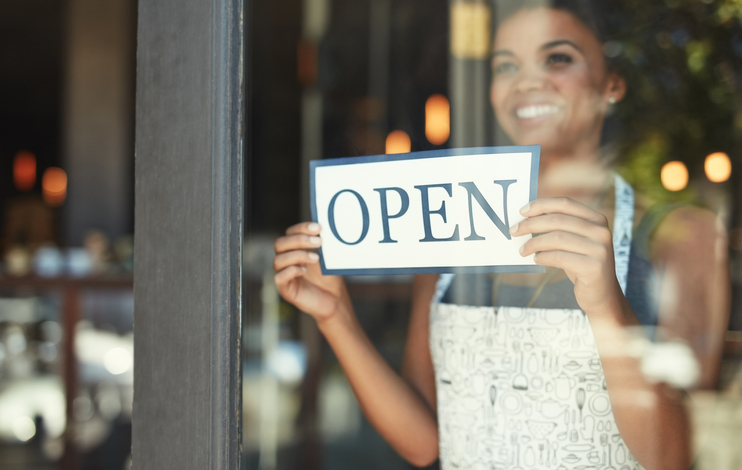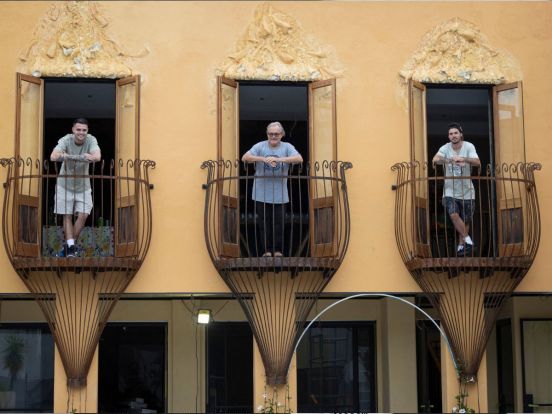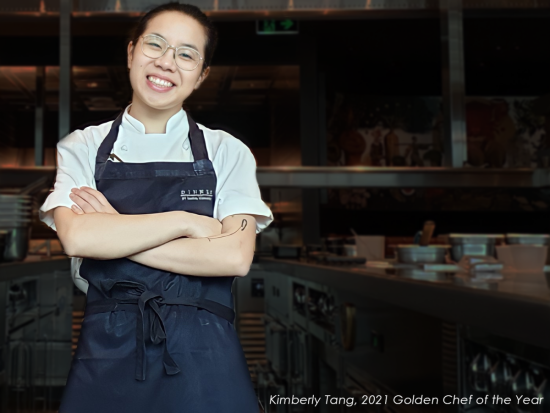New Zealand Prime Minister, Jacinda Ardern has announced the country will move to Level 1 at midnight on Monday 8th June.
Announcing the decision Ardern said the New Zealand team of 5 million went hard and early with a single plan with a dual purpose – to protect lives and livelihoods.
Going forward the main form of defence against a second wave of the virus returning remains at the borders, where very strong measures will continue, including managed isolation and 14 day quarantine for returning New Zealanders at a number of hotels.
At the press conference Ardern encouraged New Zealanders to buy New Zealand made, to visit ‘our country’ and for citizens to keep a daily record of where they have visited whether via the Government’s tracking app or through a personal diary.
New Zealand had no new cases of COVID-19 for 17 consecutive days at the time of the press conference. The decision to move to Level 1 without the 48 hour notice period was due to no new restrictions being required for it to be implemented. “We now have a head start on the rest of the world in order to rebuild our economy.”
The Prime Minister indicated she would be travelling throughout New Zealand this week including Kaikoura on Wednesday June 10 where she said more tourism announcements would be made, and a Vision Week summit on the country’s rebuild and recovery plans, in Auckland on Friday June 12.
Accessing the QR code for the hospitality sector is an area the Government is continuing to work with.
The Hospitality Association of New Zealand has been strongly advocating for the strict restrictions placed on the hospitality sector to be lifted for some time now, as many local bars, cafes, restaurants and accommodation providers continue to struggle, impacting the lives of hundreds of thousands of Kiwis.
Hospitality New Zealand Chief Executive, Julie White, said transitioning to Level 1 means that many hospitality operators can now begin to reclaim a sense of normality and that it will provide customers the much-needed confidence to go out and safely socialise (and spend) again.
“Today’s news of no active COVID-19 cases is a significant achievement that our team of five million should all be proud of. The hospitality sector has also shown incredible resilience throughout this difficult time banding together to ensure that the health and safety of our communities remains paramount.
“They’ve been forced to adapt to different ways of operating as each level has decreased, and the restrictions that hospitality operators (and their customers) have had to wrestle with have been incredibly challenging – so, we’re very excited to be getting back to business.”
Hospitality New Zealand expects that with restrictions such as social distancing and table service restraints lifted, businesses in the hospitality and accommodation sectors will start to recover and slowly return, over time, to profitability.
While some accommodation providers and leisure hotspots saw a return to normal visitor and occupancy levels over Queen’s Birthday weekend, the following day’s return saw a huge dip – with a mere 5% occupancy rate in the accommodation sector, demonstrating the long road ahead to recovery.
The full year forecast predicts a 30% occupancy (at best) for accommodation and hotel providers. Similarly, the challenges of COVID-19 have also led to a 30% reduction in employment across the hospitality sector.
While the recently announced changes to the Wage Subsidy extension is expected to assist an additional 40,000 businesses across the country, this alone won’t be enough to save many operators in the industry.
“The hospitality sector relies on people – tourists, office workers, social gatherings and foot traffic. With Kiwis now encouraged to go back to their workplaces, this presents a huge opportunity for people to support their local hospitality businesses.
“We’re still asking all our members to display their QR codes so that customers can continue to track their own movements for contact tracing purposes,” says White.
Hospitality New Zealand also supports the proposed development of the Government ‘smart border’ concept as it will enable some international tourists to return to here sooner and open up a much-needed opportunity for the hospitality and tourism sector.
“The quicker we can move out of our current micro-economy, the better. As a nation, we’ve shown solidarity and performed incredibly well to fight this health crisis. With the transition to Level 1, we can all step up and play our part in supporting the full recovery of Kiwi businesses which have been hit so hard,” concluded White.








